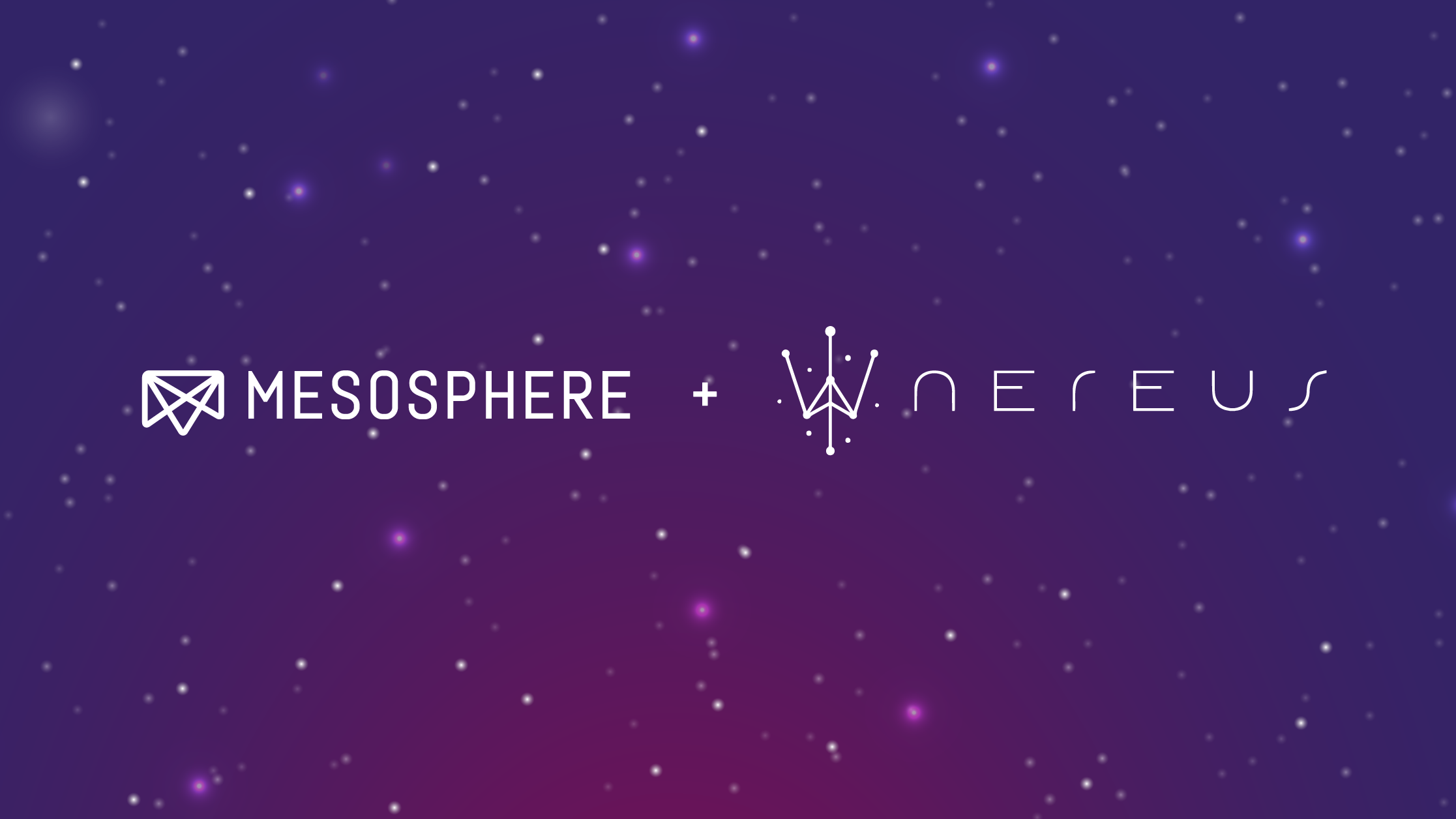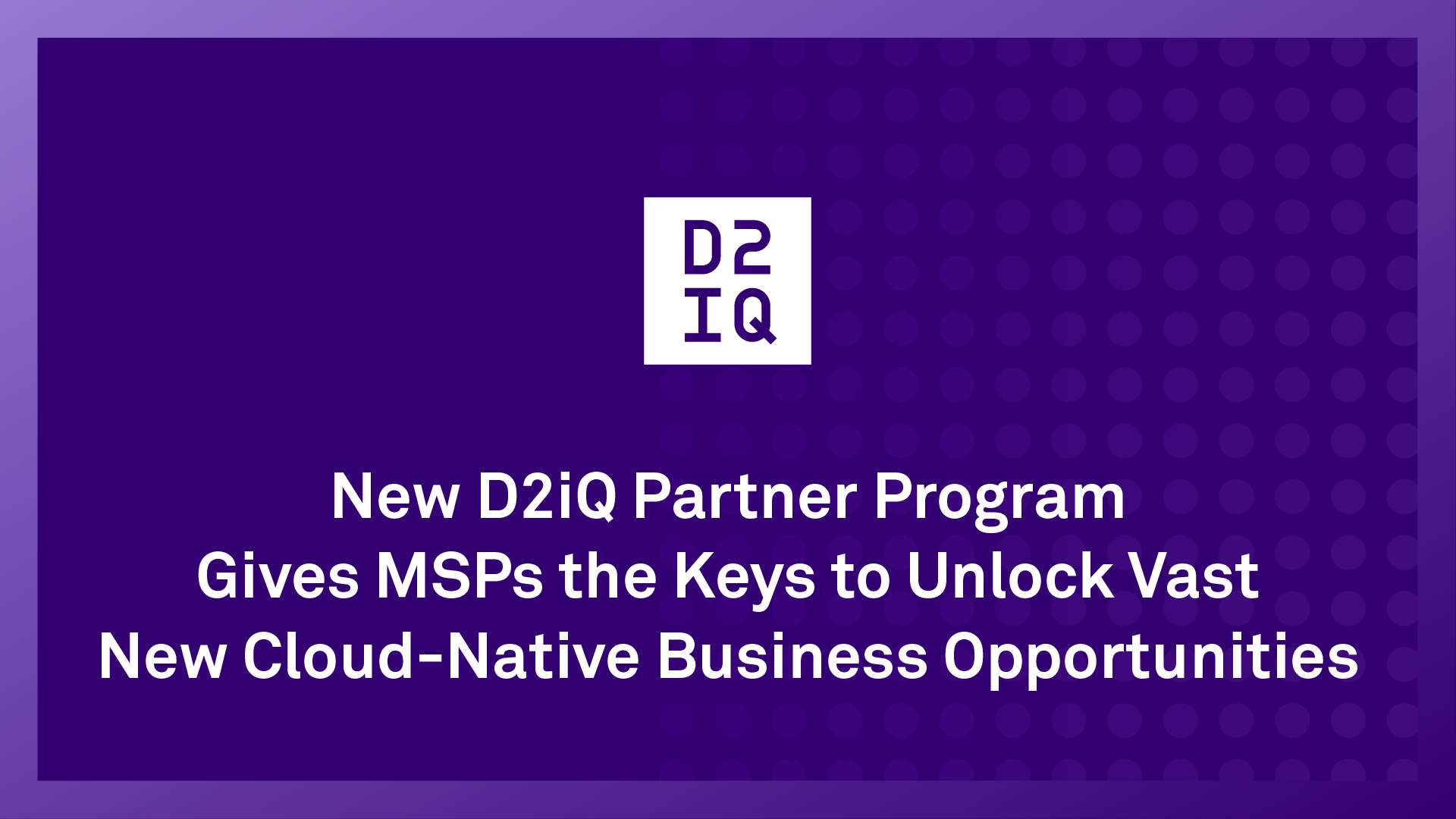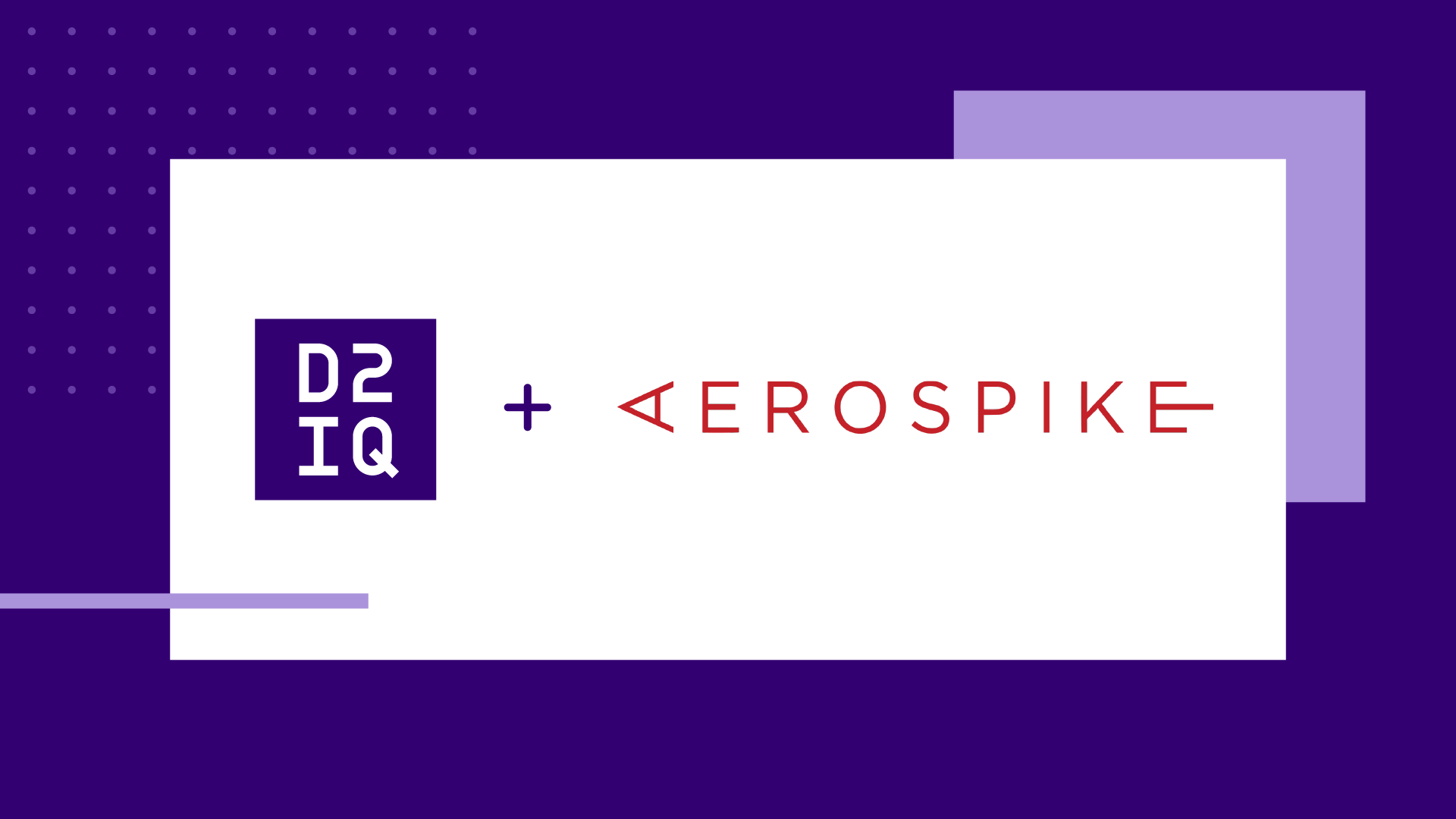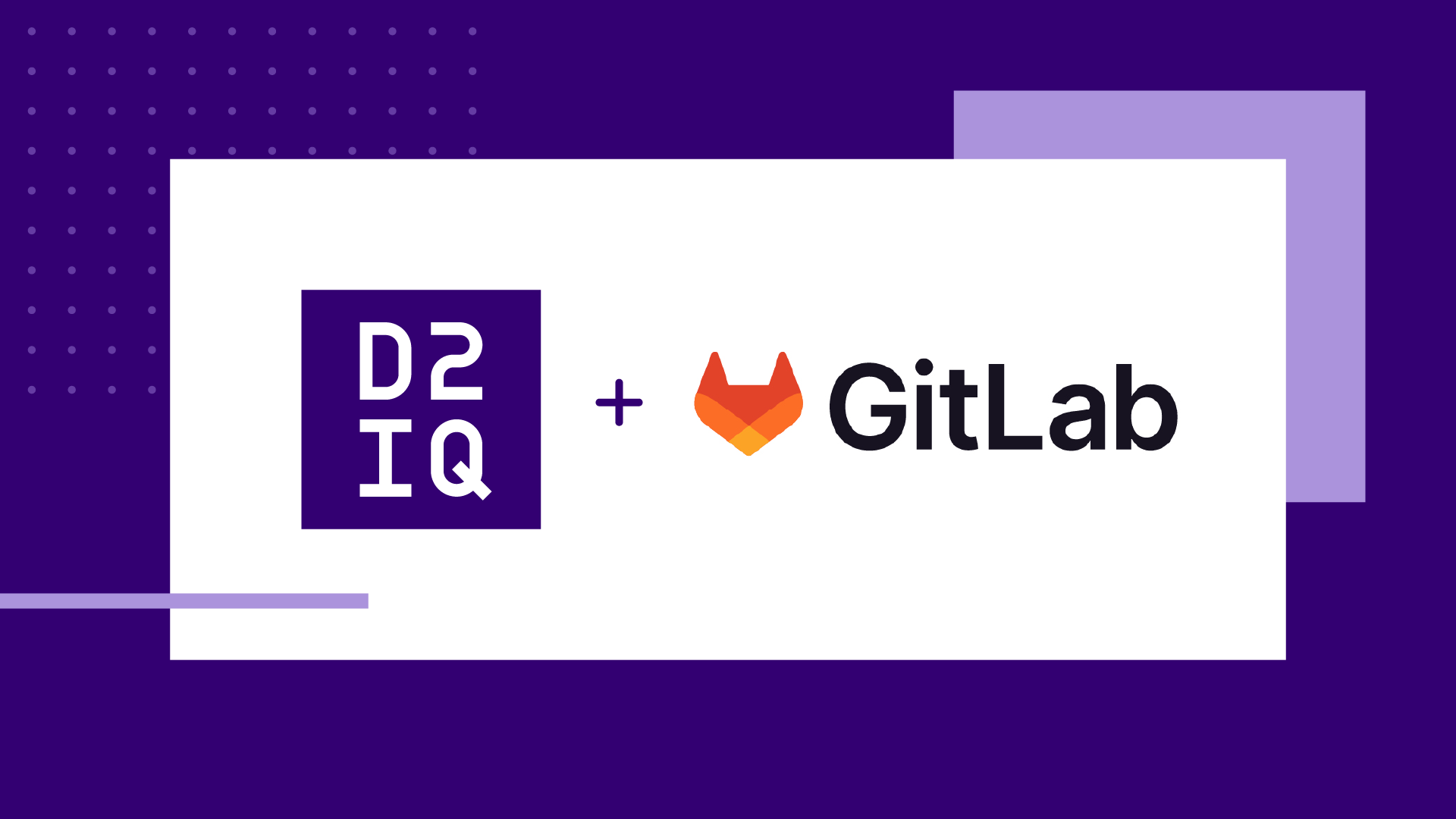Meet Nereus Systems, Mesosphere’s newest resell partner and federal technology consultancy fresh from Google NEXT 2019 as Most Innovative Training Partner of the Year

Brandon Stewart is forward thinking. Armed with a law and diplomacy degree in cybersecurity and cyber warfare from Tufts University, as a founder and entrepreneur, he's built a career driven by his passion for tackling complex technical challenges for organizations like the Department of Defense, the Department of Energy, and the National Institute of Health.
After a stint in DC where he helped Sun Management and Clearshark grow from just a handful of employees to hundreds of millions in annual revenue, as of late, Brandon has been based out of Denver, CO hard at work on his next venture, Nereus Systems.
A security consultancy founded in January 2019 with a focus on partnering with Federal organizations interested in navigating the cloud landscape, Nereus Systems has hit the ground running: To-date, Nereus is a Google Authorized Training Partner and a Google Authorized Training Reseller, and at Google Cloud NEXT 2019, Nereus Systems was awarded Most Innovative Training Partner of the Year.
We sat down with Brandon to learn more about his path to Nereus, his view of the cloud landscape as it stands and his outlook on the future of technology.
Emily: Tell me about your path to Nereus. What's your background, and what's the story of Nereus Systems?
Brandon: "My passion has always been the edge of what's possible. What's technology capable of doing, where are we going to go, and what was going to happen next—I was inspired by the application of defense inside of technology, and what we could do with it. But as I moved from cybersecurity to the cloud-native space, I was really focused on what these technologies were able to bring to all customers, regardless of what their budget or mission was.
What I wanted to do was leverage my background in cybersecurity with new and innovative cloud technologies to shift my focus into the sciences realm. That's where Nereus came in: Paying homage to the name's Greek mythological roots, our team's aim was to structure a company based around helping customers navigate this unknown world of cloud computing and acknowledge what an adventure it was going to be."
Emily: As the founder of a startup balancing countless responsibilities, which projects are you most focused on right now?
Brandon: "For me, I'm most passionate about the ones that are going to shift the needle for all of us. The project that I'm most excited about right now is one from the National Institute of Health in partnership with Google. This is an organization that's helping with childhood cancer, PTSD, mental health, opioid addiction, an organization and entity that's helping to drive answers and solutions to problems that are ultimately universal. For me, that's the big key: It's not always about a P&L statement, it's more about reflecting with my partners, the guys who I've launched Nereus with and thinking, are we giving as we're building? That's the big one for me."
Emily: From a technical level, when you're working with Google on these projects, what does that look like? What is your consulting process?
Brandon: "With a nod to the name of Nereus, it's kind of limitless when you think about all of the cloud technologies that are available to us today. For lots of organizations, it's a matter of lift and shift in migrating to the cloud. But the real magic takes place when we go, ‘Now that we've gotten this up there, what can we do with it?' That's the art of the possible. One of the things I've always been really impressed with around Google is that they've got some really brilliant minds looking to push the limits around what is possible and what you can do with their technology. They're doing it all from an open-source standpoint, which is fantastic. But from there, at Nereus, we're thinking strategically around what these organizations' security profiles look like, and how we control this in a manner that's going to be safe for our customers as they navigate their adventure in the cloud. Our number one focus is training our customers how to utilize cloud technology and from there, helping them shift into professional services, and finally, consulting on the additional technologies that are most integral to their mission."
Emily: When it comes to client needs, what are the biggest trends you are observing in the federal market on the issue of cloud computing?
Brandon: "That's a great question because every entity inside the federal market is its own unique snowflake. Everyone who knows it, kind of laughs, but it's true. There are always these constant underlying principles that are inevitably important in every large federal agency, and they circulate around, for one, the need to get people trained so that they are using the technology agencies are paying for so that it's not shelfware, and secondly, exploring how agencies can leverage those technologies with partners and vendors to get the maximum value so that it's an economy of scale. Despite whether you're in the cloud or on-prem, this is likely the foundation a lot of federal agencies are going to be looking at. Not only do agencies want to accomplish this cost-effectively, they also want to do this time effectively."
Emily: We just celebrated the 30th anniversary of the first website on the World Wide Web. How do you envision the Internet will change in the next 30 years? How will cloud computing impact this course?
Brandon: "The what-if questions are amazing. I think one of the more interesting aspects that people will really be taking a look at is how is technology going to impact us as humans. If you take a look at anyone under the age of twenty-three, their interaction with technology is wholly different than anyone who's thirty or above. As we move to the cloud, one of the biggest buzzwords that will be interesting to watch is quantum, because it may secure everything or break everything. The bending of IT and physics is going to be interesting because those sciences are going to blend really quickly, and as that starts to happen, we'll be thinking more closely about our interaction with the apps and tools we are developing. There's this famous quote,
"We shape our buildings; thereafter they shape us." - Winston Churchill
If you look at how people interact today, with Snapchat and Instagram and messenger apps, whatever application that's the hotness everybody has in their hands—that's how we are shaping our communication and that will ultimately impact how we shape each other. So inevitably, as these technologies become even more ambiguous for us and our world, it's also going to shape us in a way that folks may have not yet considered. In the past, often times we were moving so fast to just build and ship technology, but in the future, these are just a few of the more interesting questions we'll consider."
Emily: We've spoken a little bit about how cloud computing has been a bit of a wild west for companies in the past. If you're a fast growth startup, half the battle is just getting everything live.
At Mesosphere we talk a lot about the importance of Day 2 Operations, the later lifecycle of an application or project. But when you think about the life span of the Internet or the lifespan of cloud computing, do you feel like we are entering a new phase, where people are actually thinking about how to do it right?
Brandon: "The question of Day 2 is great because so many people rush into the cloud. So many agencies are just being told, go—get out there as fast as you can. So they're moving their data out, trying to understand what their requirements are, what their security profiles look like, and once they're there, you nailed it: the Day 2. Agencies have to consider, okay, now what do we do to utilize the tools, how do we leverage these technologies in a manner that's going to be able to support us. I think inevitably, it's often related to the maturity of the customer and their timeline. The more mature the customer, the more likely they are to have considered their journey to the cloud and what that looks like, whereas other folks are just under the gun, they've got to get it done, they have a mandate—it's a jump and then they figure out how to land later."
Emily: It was recently announced that even the CIA is moving from AWS to a hybrid cloud model. Is this is a Day 2 mentality, and do you anticipate that other federal organizations will follow suit?
Brandon: "There's definitely a Day 2 mentality with multi-cloud. The predominant historical narrative in the IT field has been one vendor, vendor lock. Once they have you, they have you. So the ability to introduce a multi-cloud approach that activates competition and enables organizations to manage workloads in the most efficient way possible is just good business sense. Competition will always benefit the customer and the industry because it forces them to compete and create innovation. It's absolutely a Day 2 mentality when you take a step back and reflect on what is the true value of a multiple cloud setup, and how organizations can leverage that to their own benefit. It's certainly going to be the forward movement in the federal and commercial market."
Emily: As a technology partner, which tools are you most excited to leverage with customers?
Brandon: "I'm super excited to introduce customers to Mesosphere because I think your tools are helpful for any customers who are taking a step back and realizing that a single cloud is potentially problematic, and always pricey. With customers, I'll be taking a look at the legacy applications that have been historically difficult for getting into a cloud environment. The reason this excites me is that I care about my customers and I have long-standing relationships with them, and in the end, I am looking for technologies that are going to help my folks accomplish their mission, point blank. I'm looking for things that are going to solve a problem, help my customer, and make it easy for them to do their job. Mesosphere is the partner that is going to help us to dot that. I envision building a company where we will be doing this together as a team."
Emily: The strides you've made in less than six months are pretty impressive. What do you envision for the future of Nereus Systems?
Brandon: "At the end of the day, I just envision Nereus Systems helping our customers. I want to work with companies that give a sh*#$, who know where this is headed, and get what it's all about. I'm especially looking forward to working with the advanced sciences space on technologies that will help solve real-world problems. I bring a "what if, not, what is" focus to my partnerships with developer organizations, where, ultimately, I look forward to working as a team.
Emily: Thank you for your time, Brandon.
Brandon: "Thank you!"









